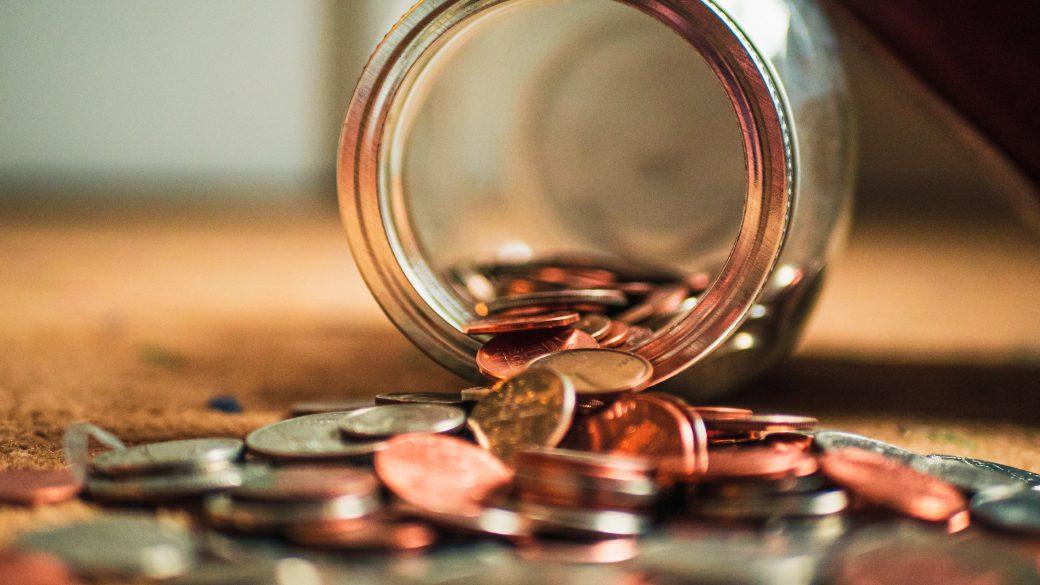The crypto community is facing a mental health crisis: "Cryptocurrency ruined my life."
Original Author: Ruchira Sharma, Vice
Compiled by: Hu Tao, Chain Catcher
If you have a friend who loves cryptocurrency, now is the time to check in on them. In late January, the prices of the two most popular cryptocurrencies, Bitcoin and Ethereum, plummeted to levels that many experts never anticipated, dragging down memecoins like Dogecoin as well. Countless people witnessed thousands of pounds vanish before their eyes.
This is a sudden shock, not a slow burn. Bitcoin reached an all-time high of about $69,000 in November, but then fell over 40% within a few months. Overall, since Bitcoin peaked, the value of the crypto market has decreased by more than $1 trillion, although there have been signs of a rebound in the past week or so.
Many experts have touted cryptocurrency as a democratized form of investment on Wall Street, where anyone daring enough to join the community could hope for a financial boost. But in reality, it seems to have only succeeded for a select few. Many cryptocurrency investors are ordinary people risking their life savings, rather than elite traders who can afford sudden losses. A recent CNBC survey of 750 crypto investors found that one-third of them actually know very little about what they are investing in. The question is: what happens when these people suffer significant losses?
Experts like cognitive behavioral therapist Peter Klein, who provides CBT for mental health issues related to cryptocurrency, warn that the market crash will lead to "an increase in the severity of crypto addiction symptoms that people are experiencing." This rapidly growing investor community seems to be generating its own rapidly growing mental health crisis.
Nineteen-year-old Hashim Yasir, an NFT project founder and cryptocurrency trader, lost "a significant amount of money" in the recent crash. He told VICE that it affected his mental health for a time: "Before that, I felt like I was finally becoming confident in this new skill, but now I really feel like the market is going to crash to zero."
His trading in cryptocurrency and NFTs has led to "insomnia and ongoing stress and anxiety." He told VICE that it changed the way he behaves and interacts with others, "leading me to become very irritable."
Contrary to the common narrative that investing is a pathway to wealth and happiness, interviewees told me that cryptocurrency has nearly ruined their lives.
Twenty-seven-year-old Sandip Das, an Indian trader, made money by shorting Bitcoin—essentially betting against the market. He profited from the downturn in cryptocurrency, but he said that trading over the past year still resulted in losses.
"I only sleep three to four hours a day, which has led me to make serious mistakes in the market," he said. "Due to the stress, I've also started to experience pain in my neck and shoulders." Das has bipolar disorder and stated that cryptocurrency has always been detrimental to his mental health. "Cryptocurrency will emotionally and physically destroy you," he warned, "you will be scarred for life."
A 33-year-old man from Russia, who asked us not to reveal his name, told me he feels addicted to crypto trading and is caught in a cycle of trying to recover losses but losing more in the process.
He started investing in November 2017—when Bitcoin experienced a massive surge—and made some profits, but now he has lost his life savings, totaling £110,000. "Mentally, it's nauseating because I can't even share this with my wife," he said. "I'm in a terrible financial situation, which is not where I want to be. It has ruined my world and my mental health… I have reached the point of trying to commit suicide."
Despite some crypto investors bearing immense pressure, it is not easy to find a space to discuss these experiences. In the conversations around cryptocurrency on Reddit and Twitter, there is often a reaction to economic downturns: "Don't be an anxious bitch, HODL [Hold On for Dear Life]"—in other words, don't dare to exit. Memes often circulate this joke about the immense stress and torment that investing brings.
The necessity to put on this brave face may boil down to the fact that expressing your anxiety can have a direct impact on the market, which is essentially a reflection of confidence. The higher the tokens rise, the more people invest, and the more people exit. Cryptocurrency may induce anxiety, but people do not profit by acknowledging it; if they do, they actively fail.
Klein is one of the few experts providing counseling for cryptocurrency addiction, having started this type of therapy in 2017. He primarily treats men and has patients from around the world. He believes they come to him due to increased demand and a clear lack of mental health support.
"Often, people who overtrade cryptocurrency—meaning every day—already have anxiety issues," he said. "When people are anxious, they view the world more intensely than those without anxiety. The intensity of the cryptocurrency market matches the way they process the world."
Like any addiction, cryptocurrency can provide an escape from reality, at the cost of sacrificing everything else in their lives for a short-term dopamine hit. Klein tries to help his patients by encouraging them to stop avoiding other aspects of life, such as dressing well or socializing. He draws on modern therapeutic approaches like behaviorism, classic CBT, and mindfulness, bringing them to a more stable place.
A businessman and investor from London—who prefers to be known by his Twitter handle @BritishHodl—said seeing a therapist helped him understand his anxiety and how to manage the emotional fluctuations of investing. This experience made him realize that "when you are so focused on the market and you are an investor, volatility starts to seep into everything else," such as relationships and work. "This is something you have to be careful about, or you will ruin your life," he said.
What about those struggling in the crash simply due to financial losses? Adam Smith, creator of the investor advice forum The Crypto Advisor, suggests "taking a deep breath, having diamond hands, and HODL." He explains, "Bitcoin and the entire crypto market may continue to be volatile in the near future, with many global and regulatory decisions still unresolved."
Potential conflicts in Ukraine and discussions about banning the use and mining of cryptocurrency in Russia will further impact the market. "If you have already put cash into cryptocurrency and now see its value plummet, it can be an incredibly anxious time, especially if you need that money elsewhere," Smith admits.
HODL has become a joke in the cryptocurrency space, but it is precisely what many investors fail to do while trying to address their mental health issues. Experts say that crypto will eventually rebound—just as it often does—but you have to wonder how much damage will be done to investors' lives before it does.









